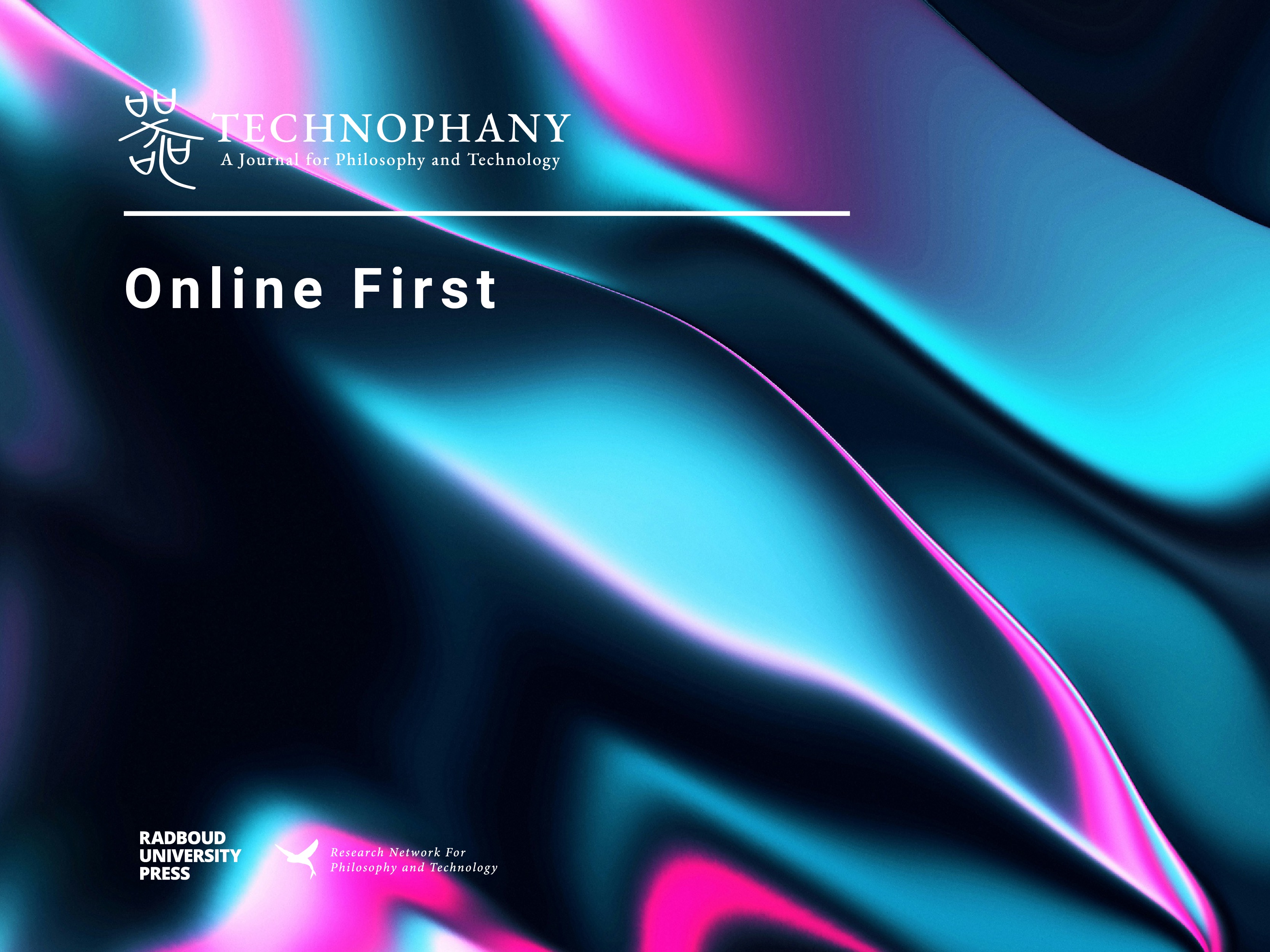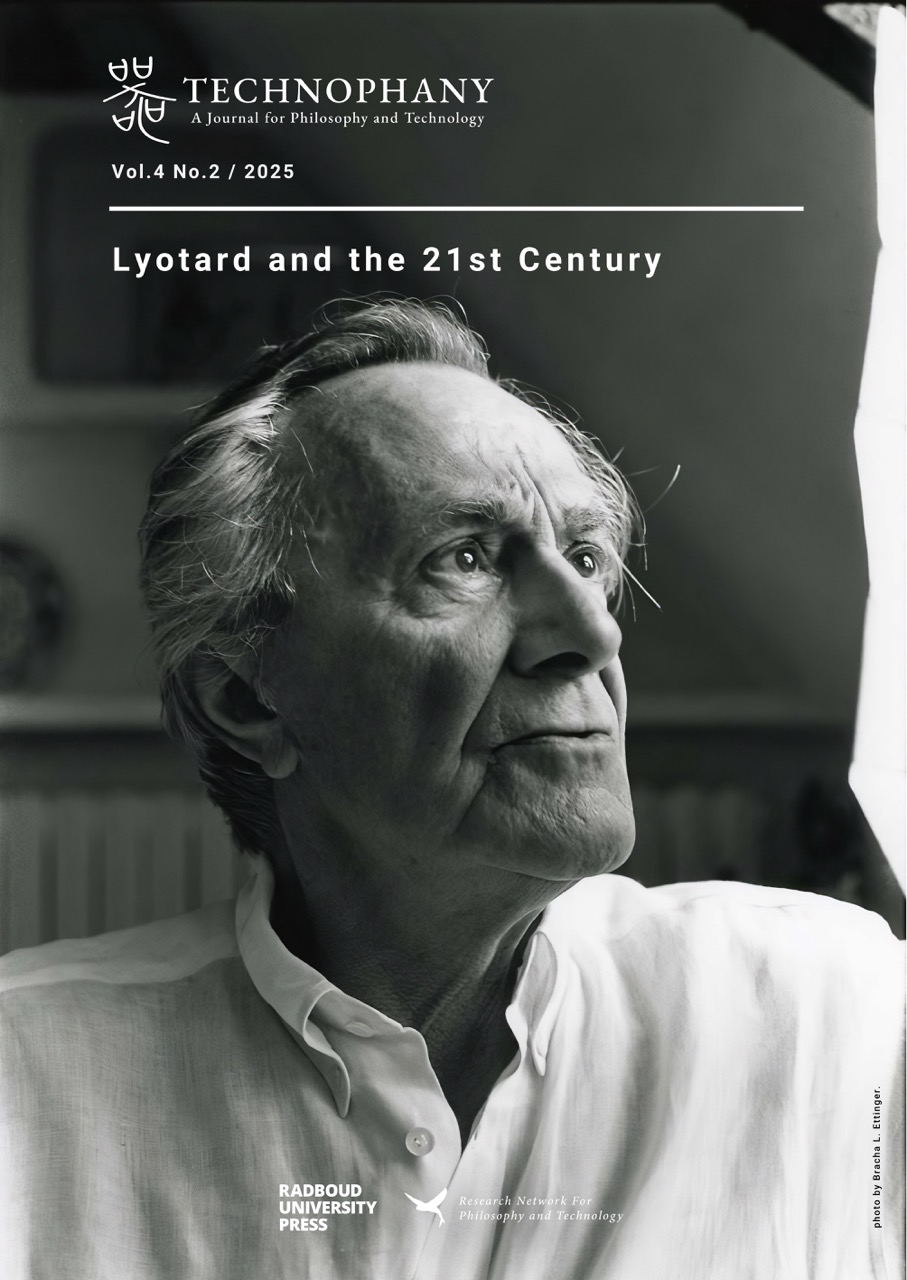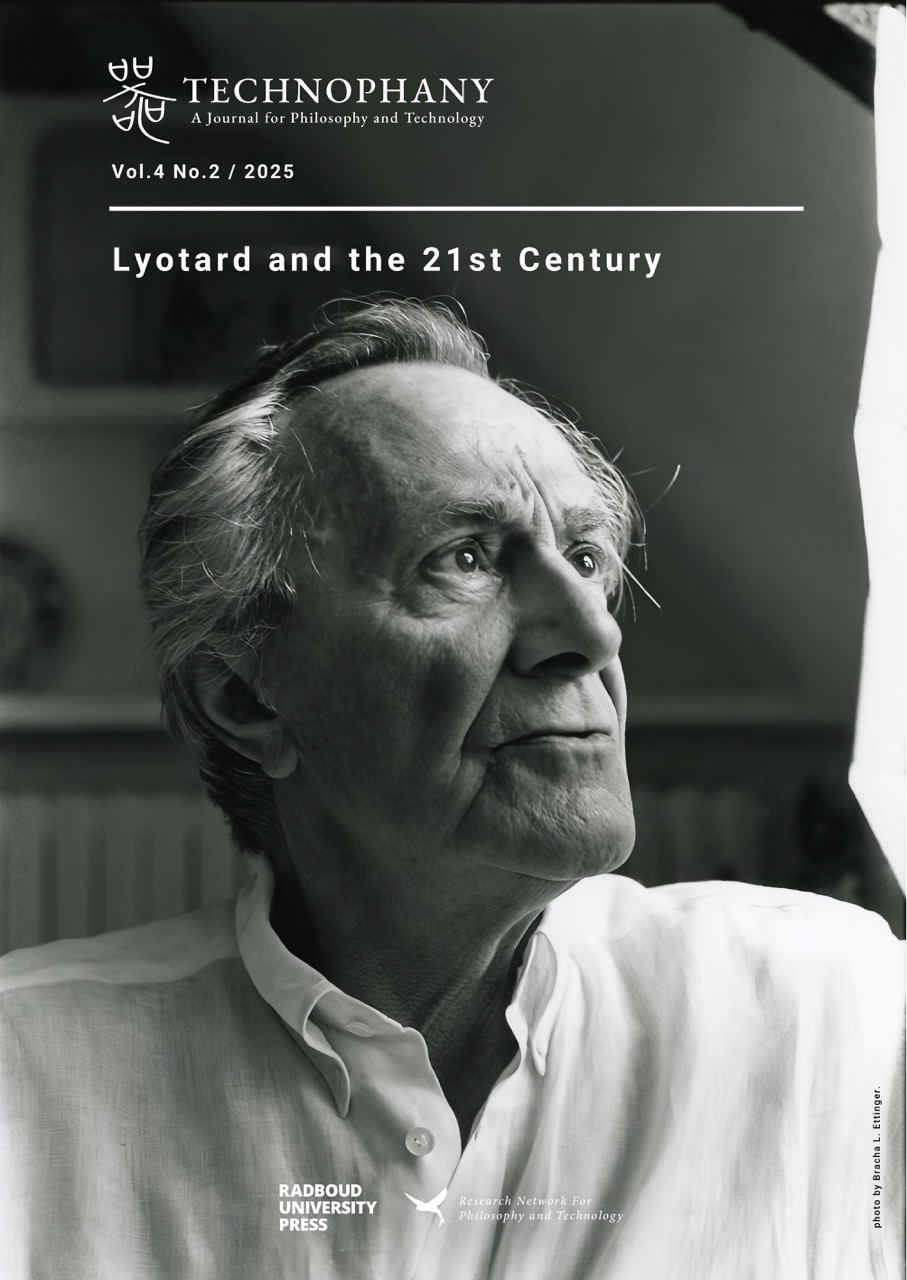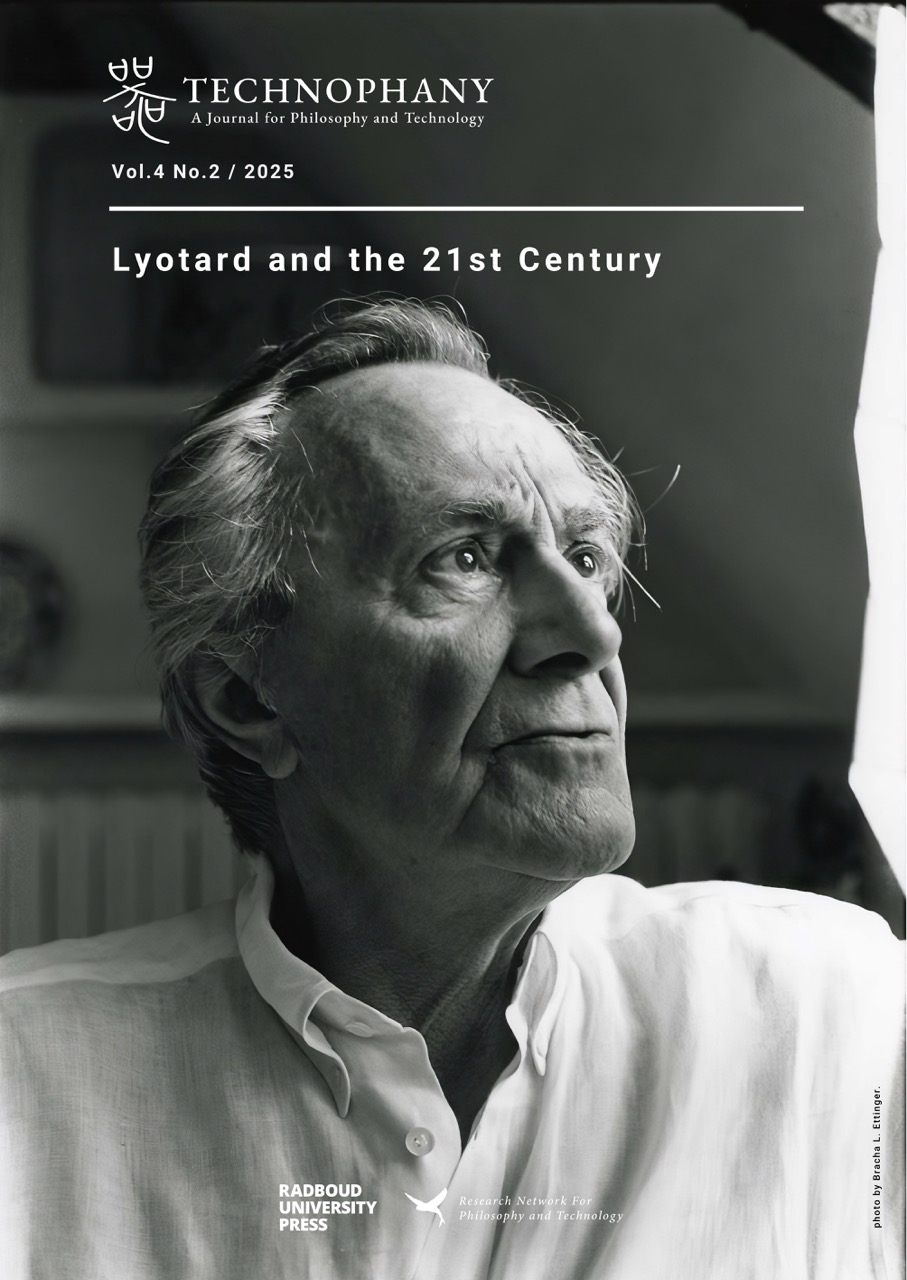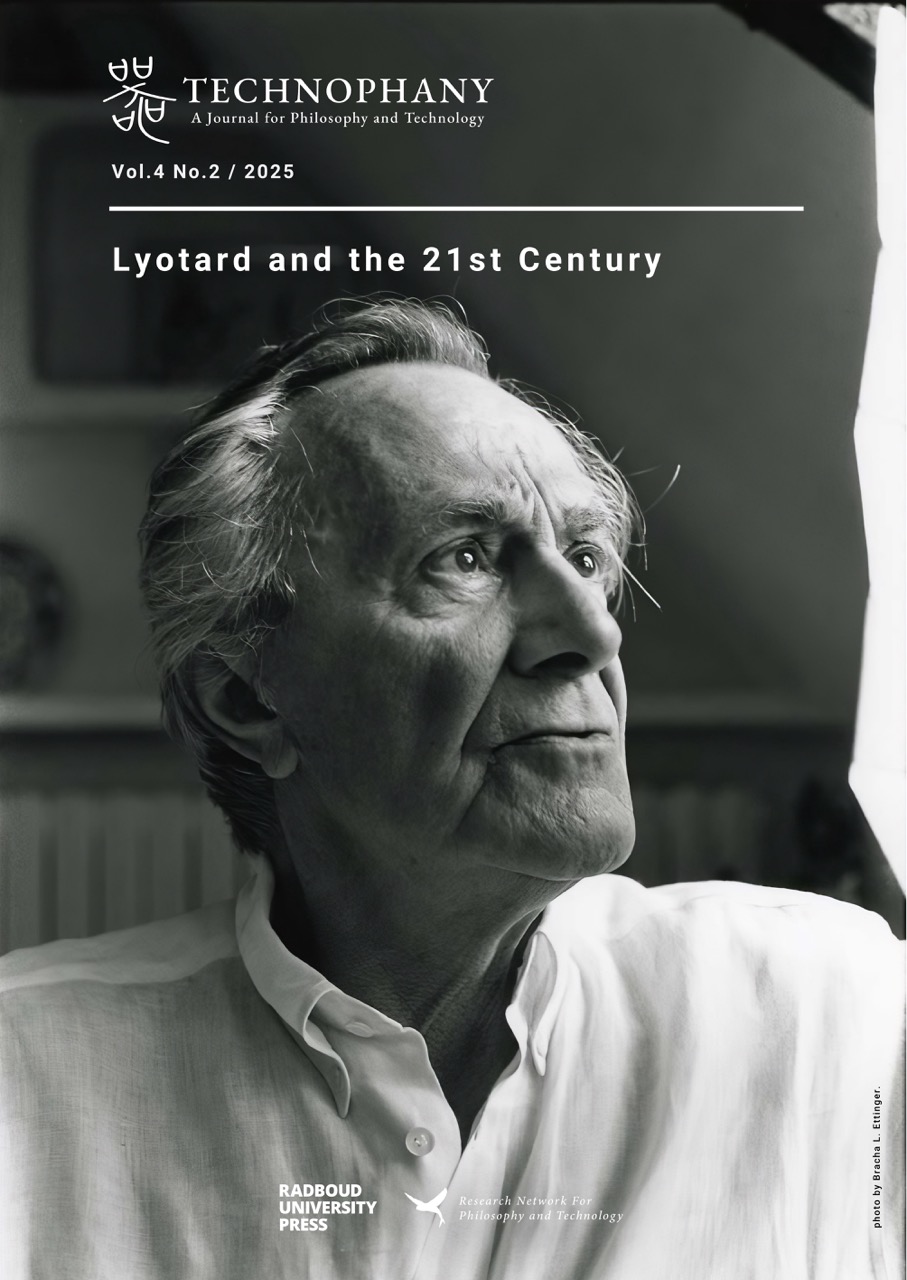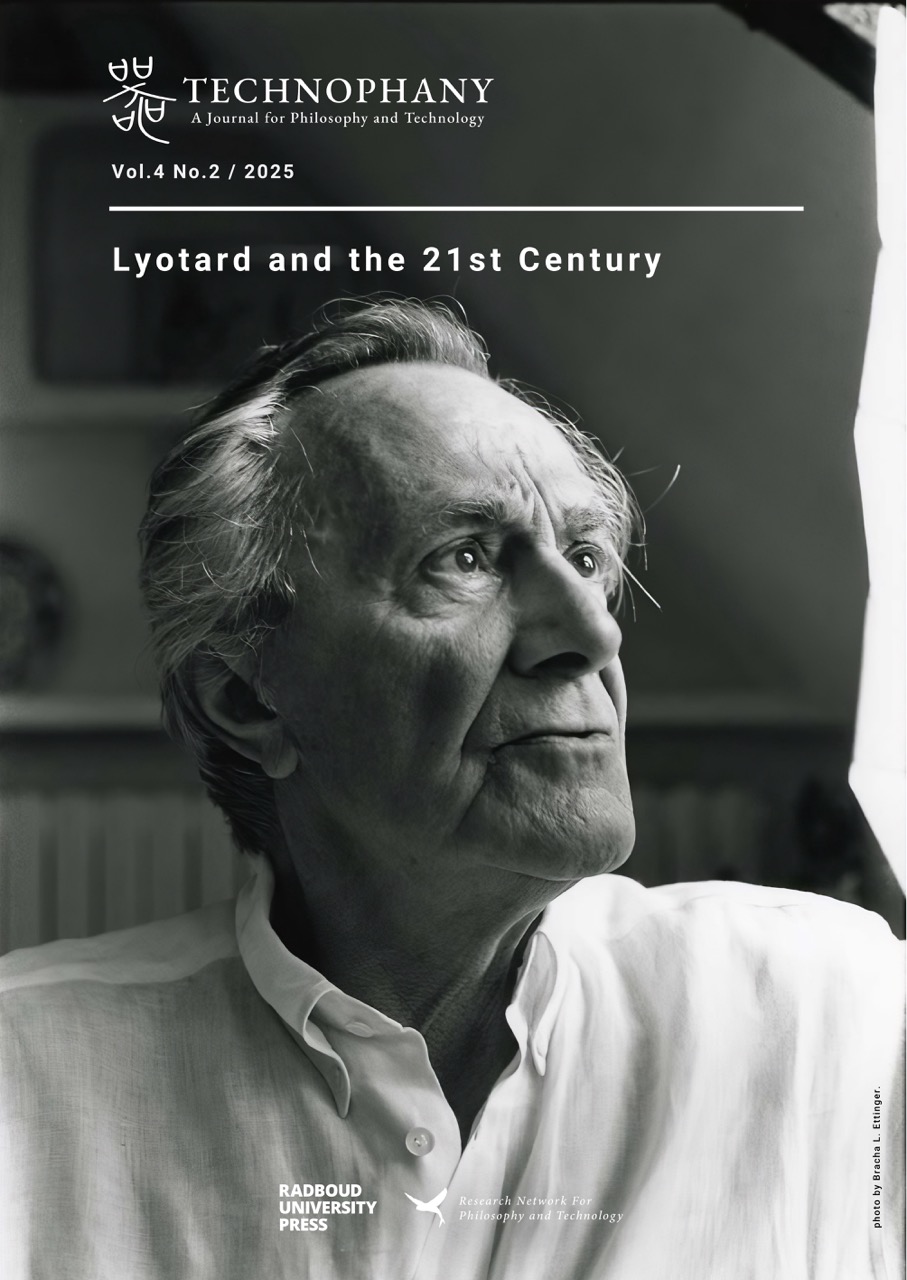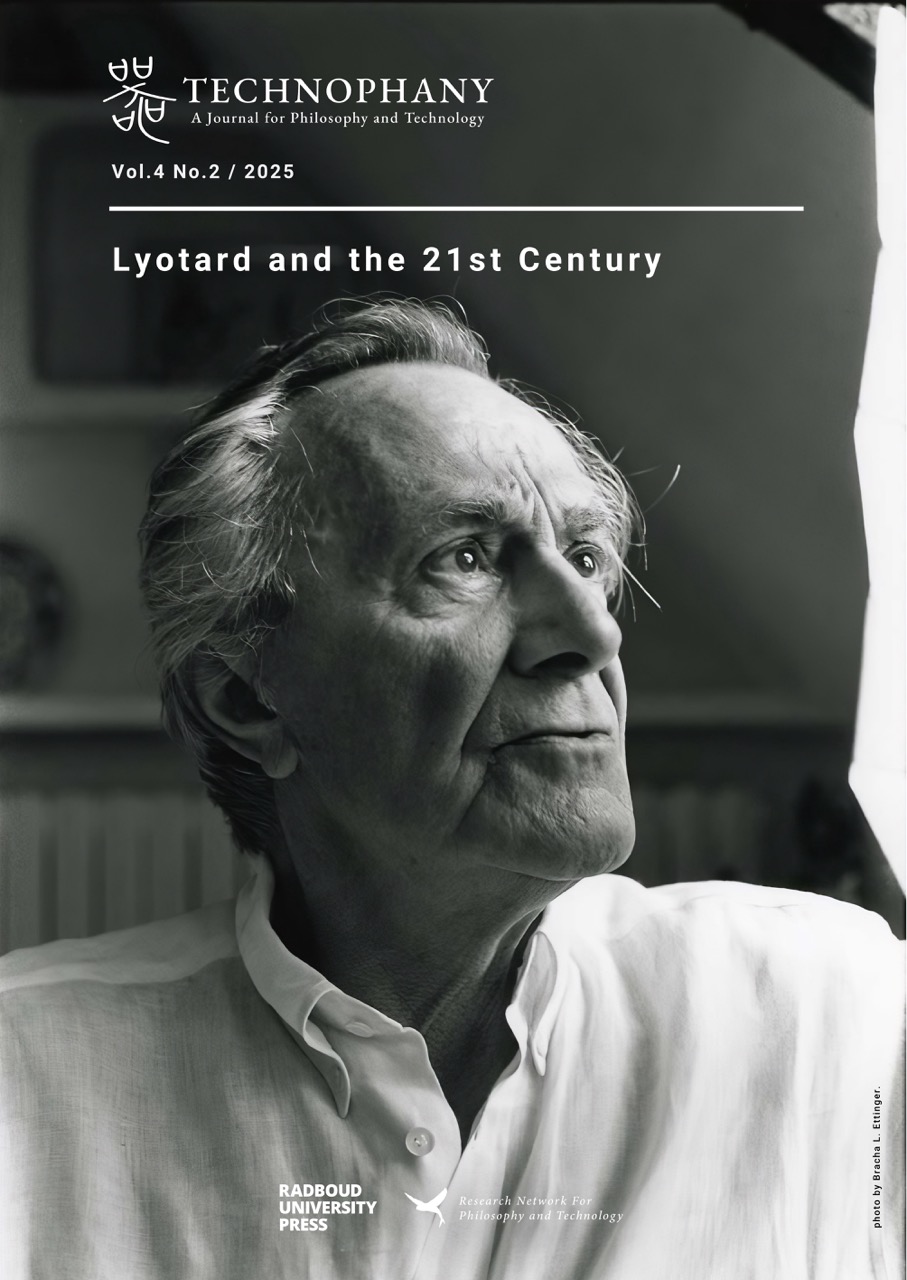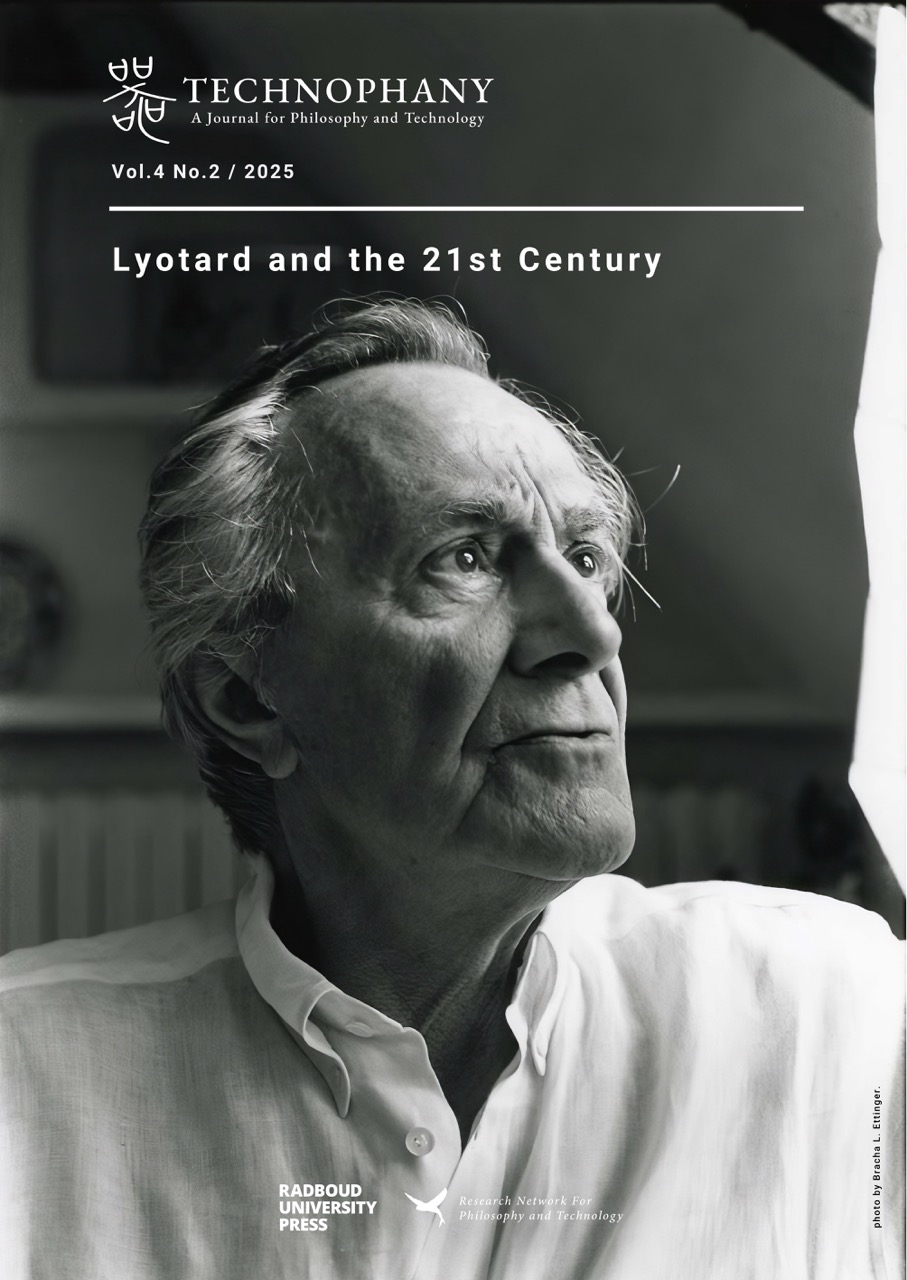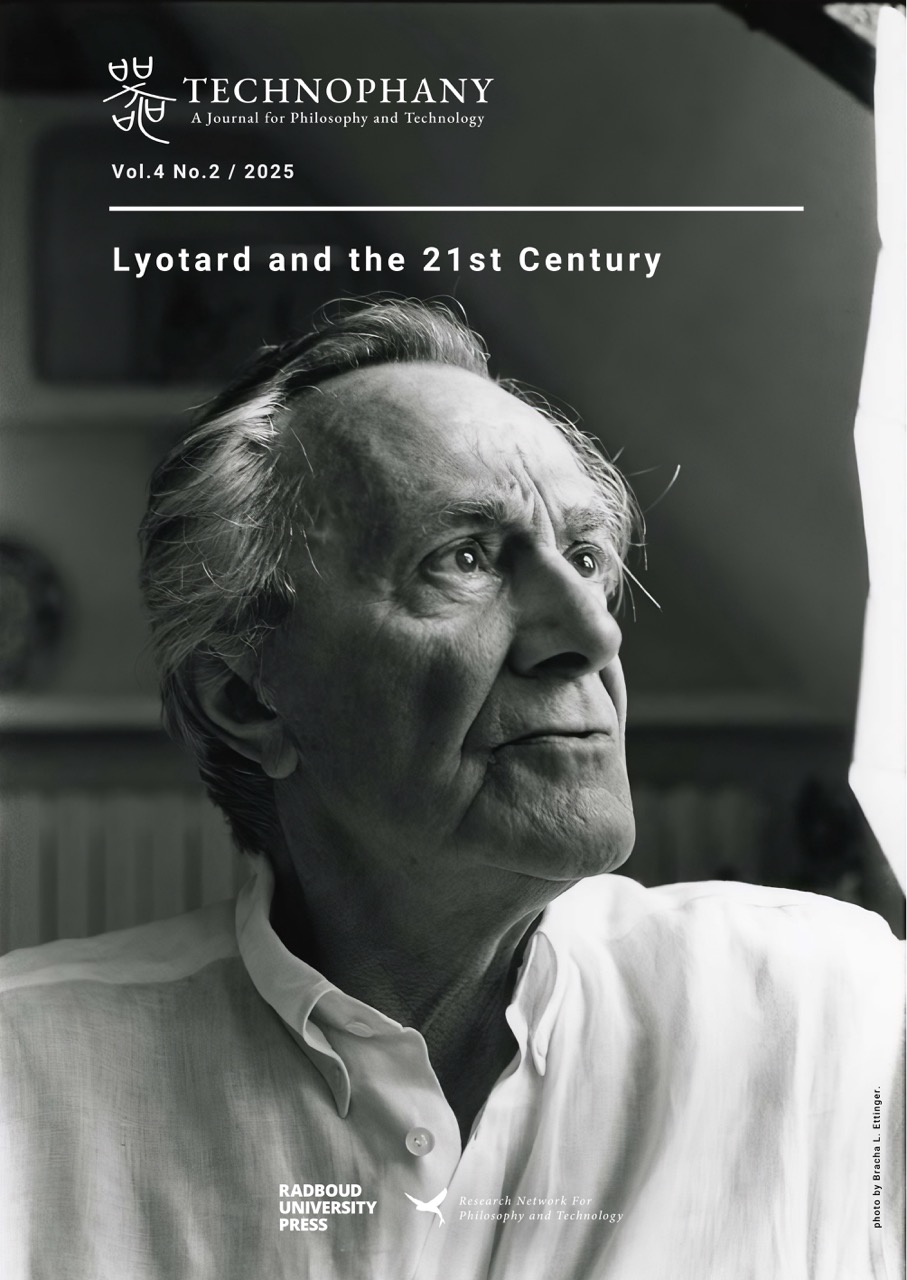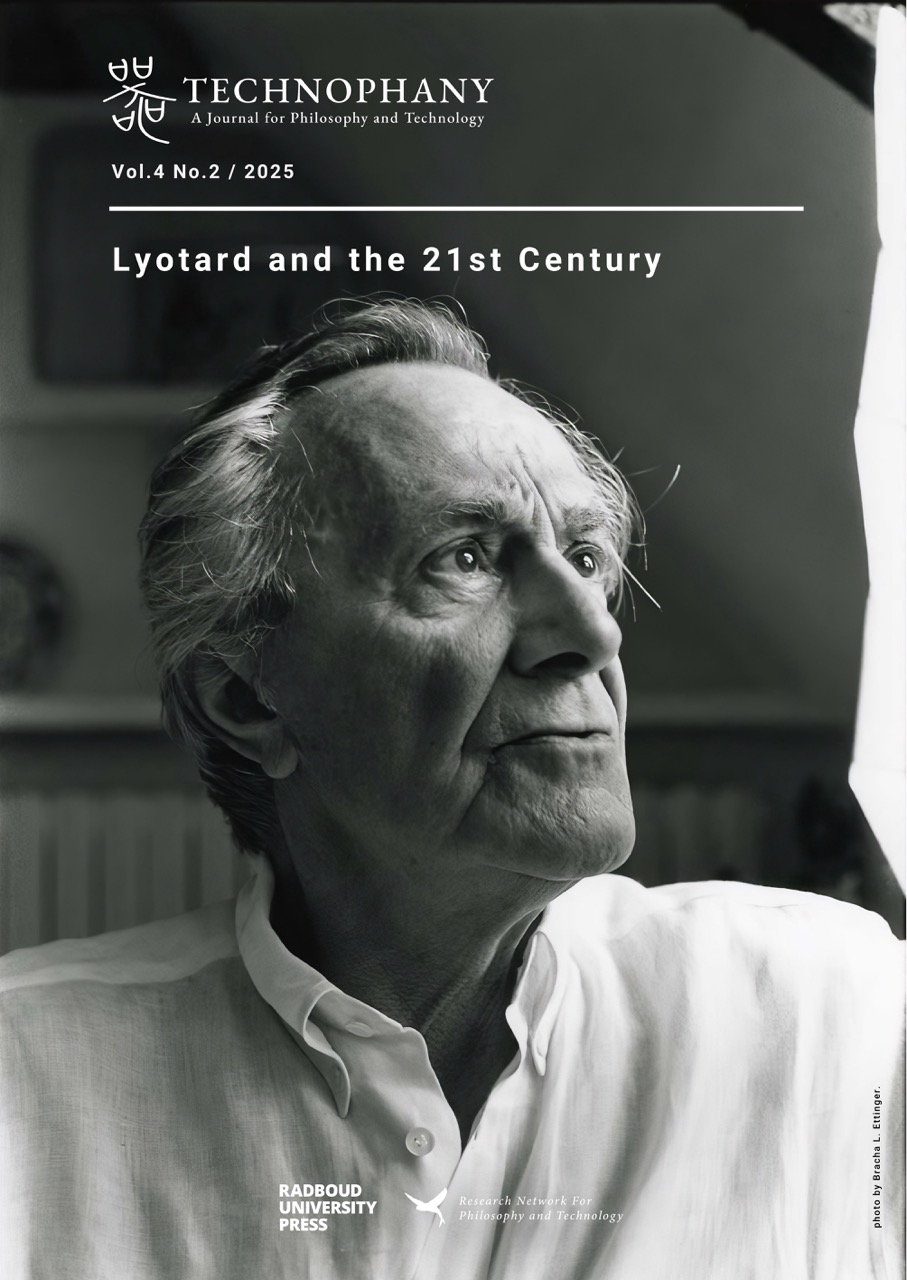New Publication of General Issue 2025 and CFP 2026
Technophany is pleased to announce the completion and closing of its 2025 General Issue, which brings together a diverse collection of peer-reviewed articles and book reviews engaging core questions in the contemporary philosophy of technology. The issue reflects Technophany’s commitment to critical and interdisciplinary inquiry, featuring work on posthuman perception, assemblage theories of intelligence, cybernetics and systems theory, dialectics, psychoanalytic method and the cultural and aesthetic dimensions of technological change in Japan.
Read more about New Publication of General Issue 2025 and CFP 2026

